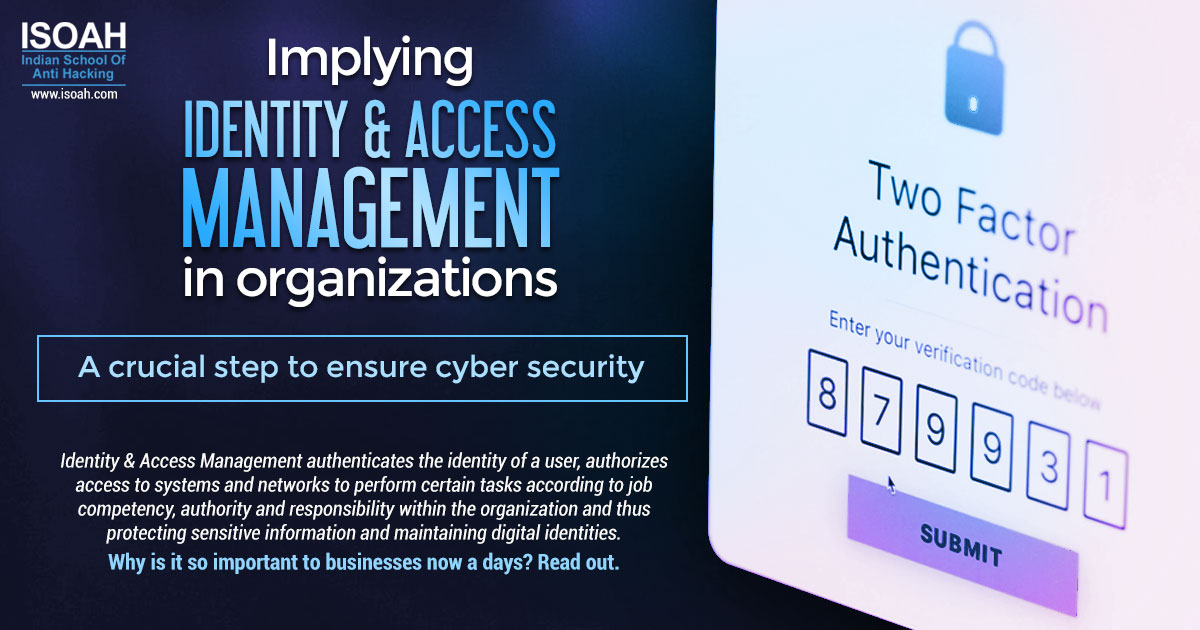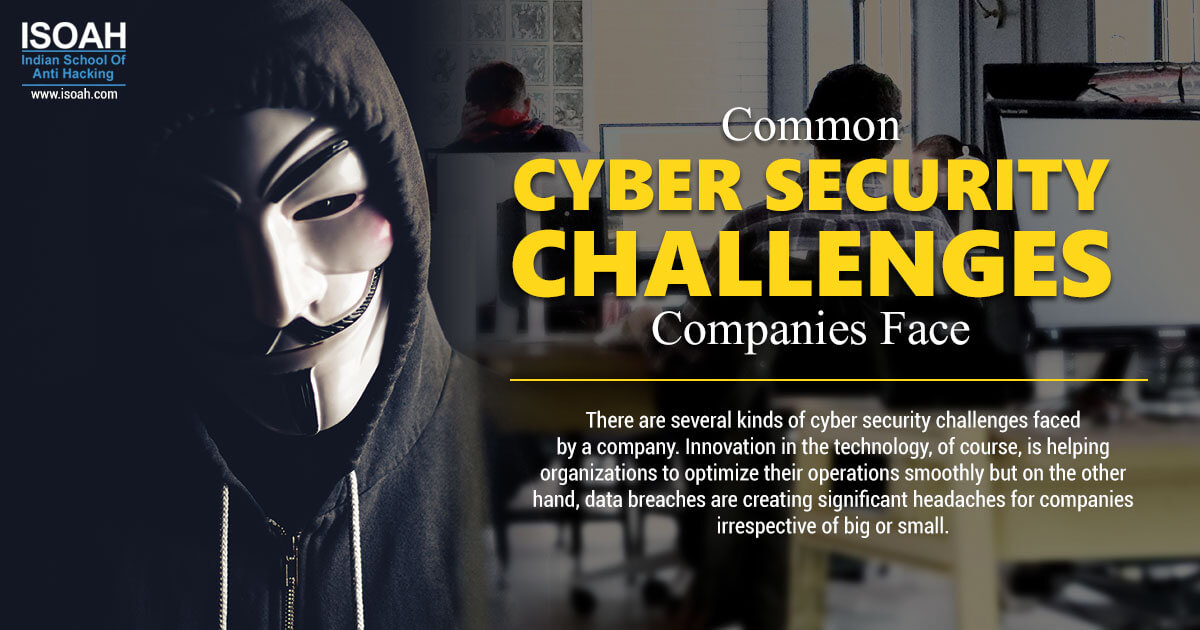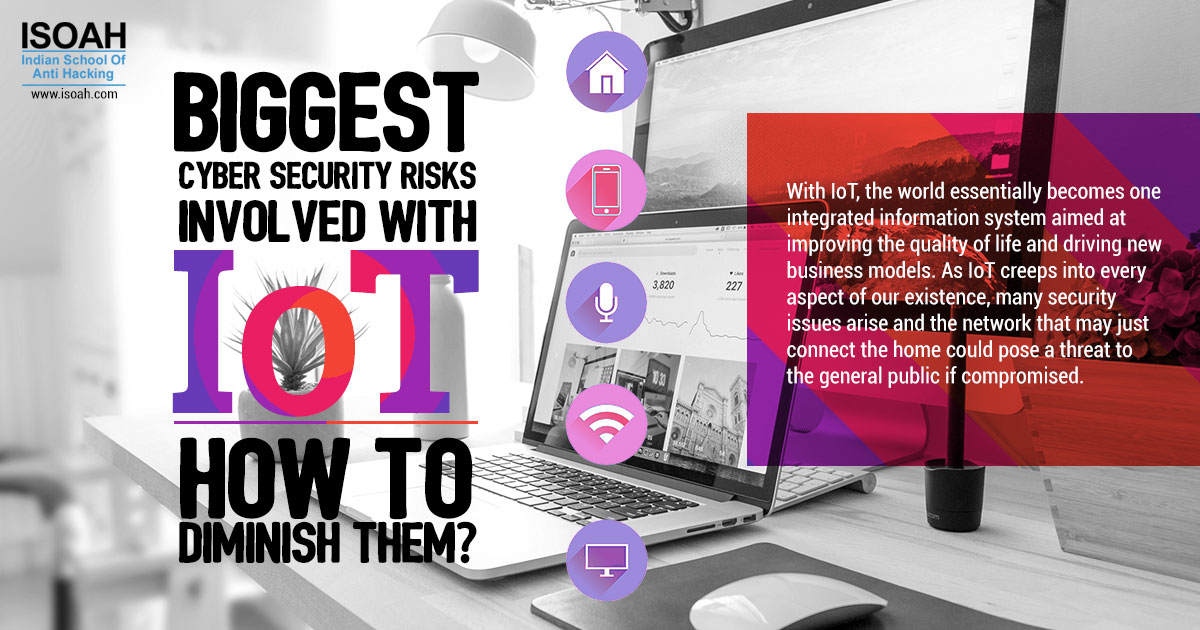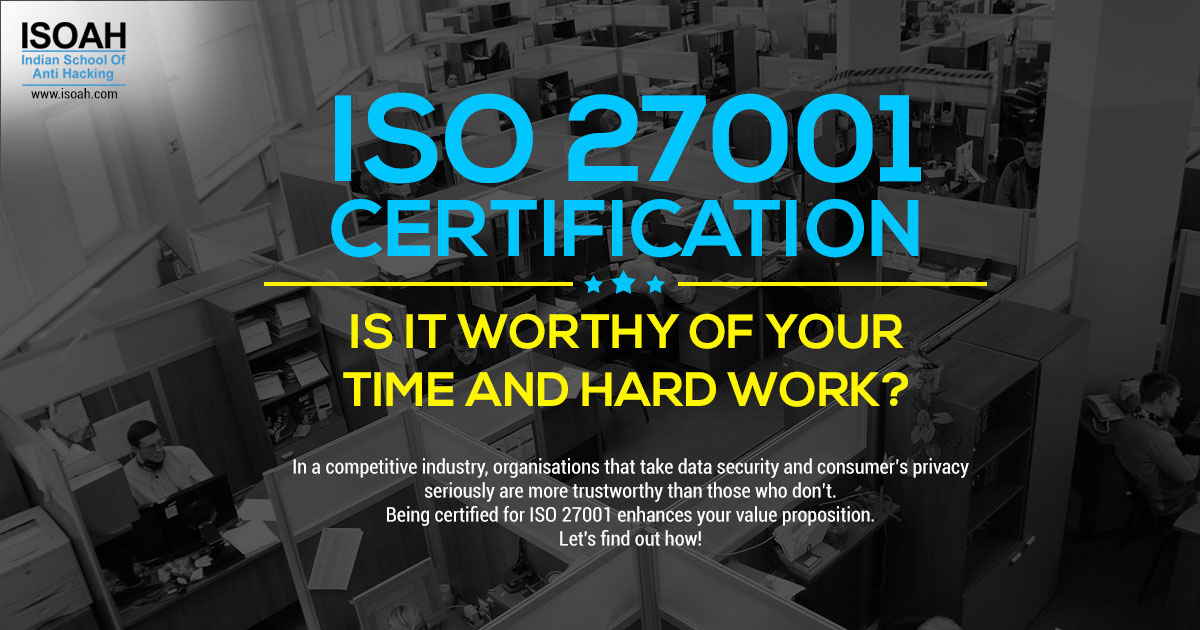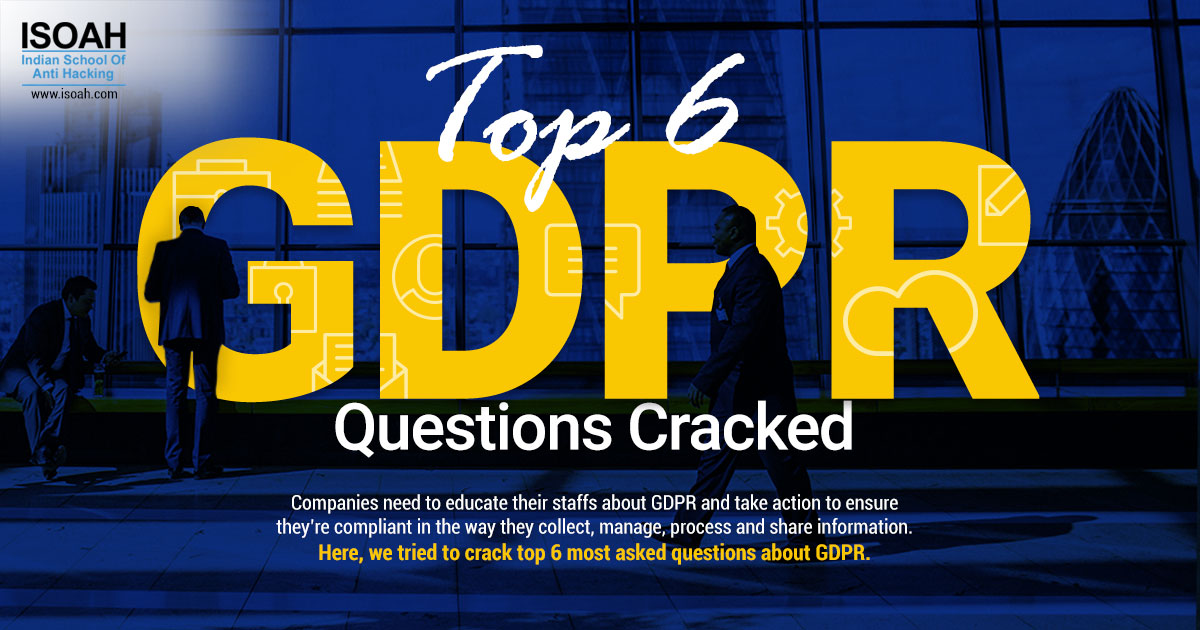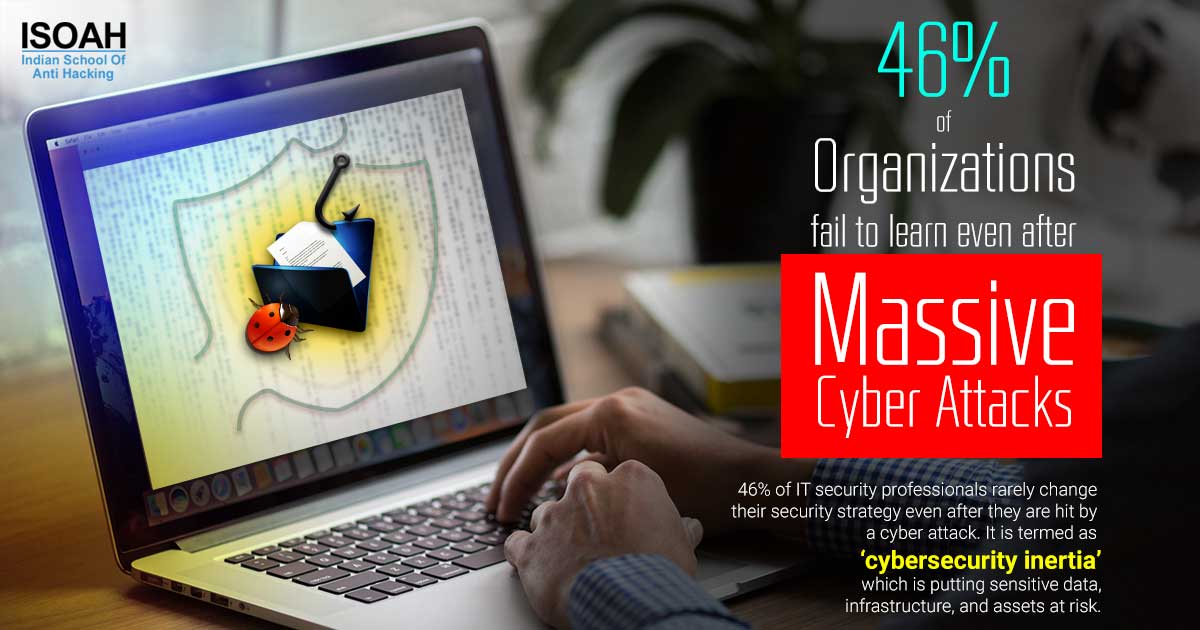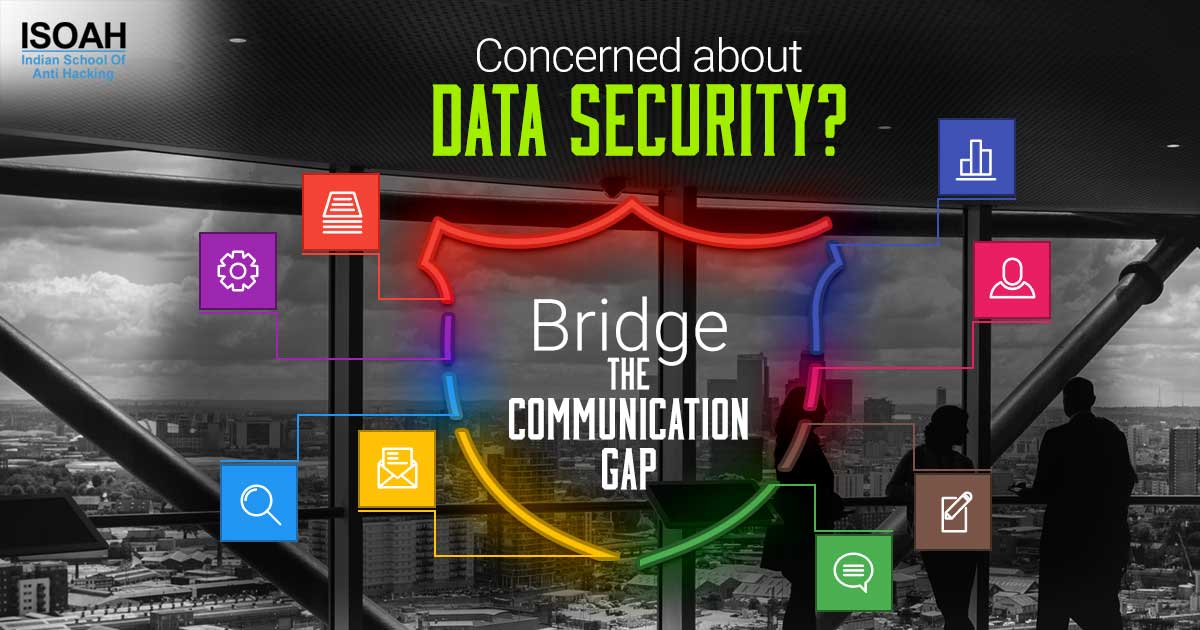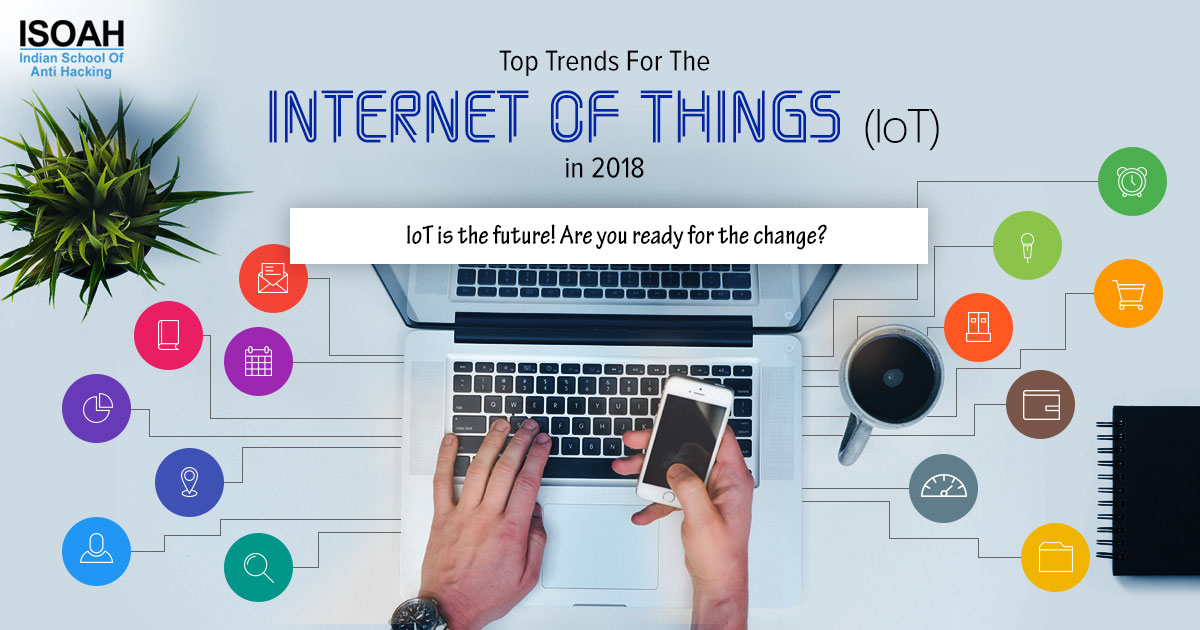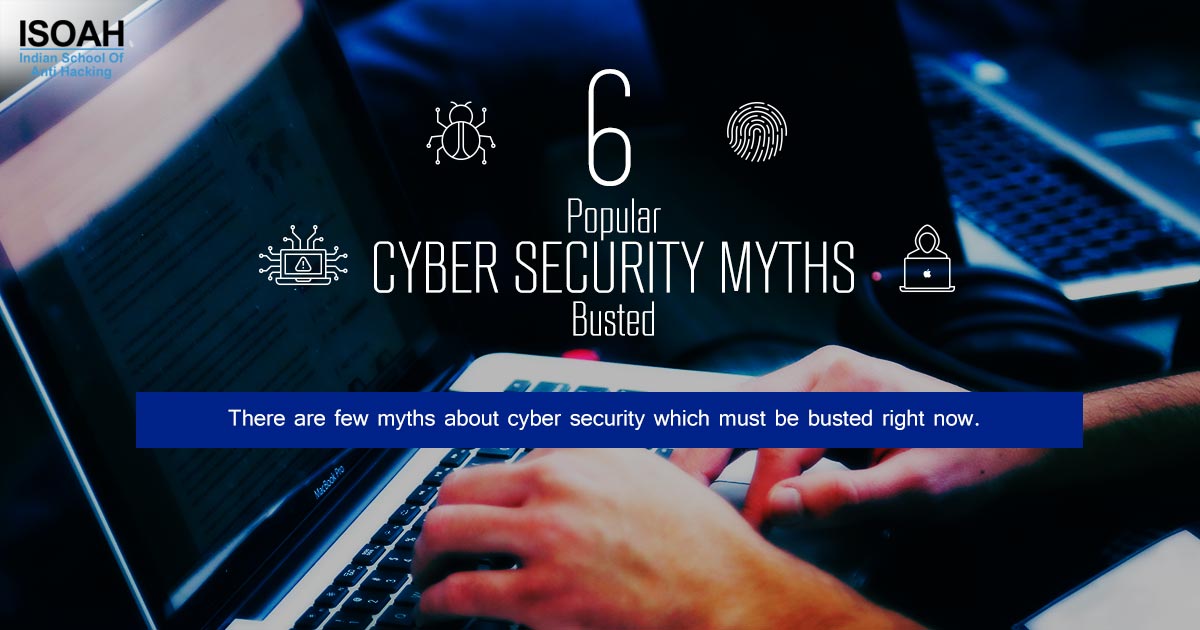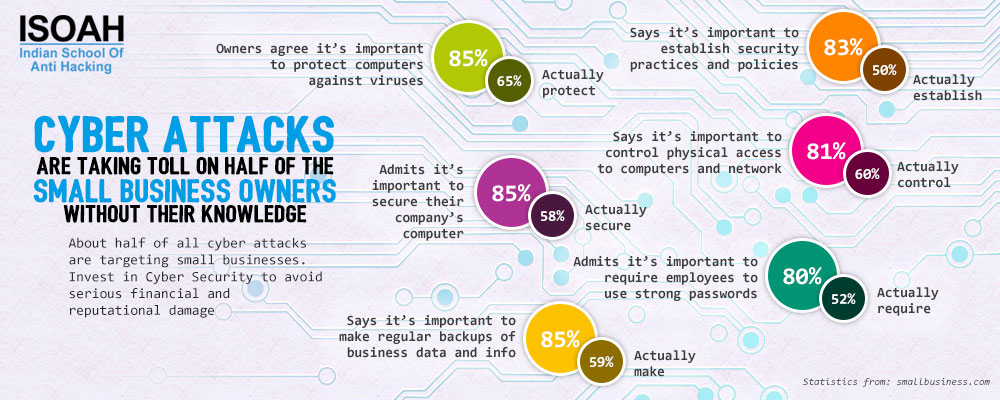Cloud complexity management - how to avoid the crisis?
Article: Cloud Computing
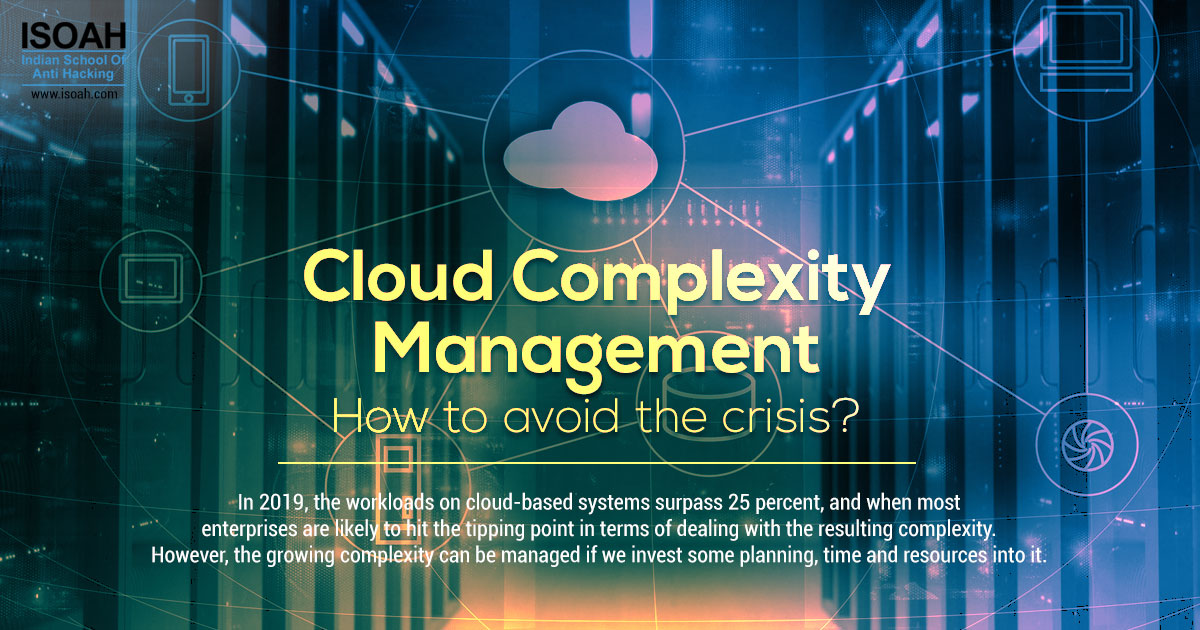
The workloads we are adding on cloud on a daily basis must be having some consequences. Obviously, the huge pool of data that we are storing will drive increased complexity in IT environments. In the coming year, both cloud complexity and cloud complexity management (CCM) will start to emerge. Cloud computing is the storing and accessing of data and programs from a virtual storage rather than any physical means such as hard drive.
According to Forbes magazine, "55% of enterprises predict cloud computing will enable new business models in three years." So, it is understandable that a large amount of enterprises will be making moderate-to-heavy cloud investments in the near future as they transition into full reliance on cloud technologies.
The end state will be too many resources under management and too much complexity!
In 2019, the workloads on cloud-based systems surpass 25 percent, and when most enterprises are likely to hit the tipping point in terms of dealing with the resulting complexity.However, the growing complexity can be managed if we invest some planning, time and resources into it.
Do you have a complexity management plan?
Before plunging into solving the complexity, we need to take a few steps back and understand our own issues before investing processes, technology, and a lot of cash at the problems. The approach to deal with traditional and cloud-driven complexity, how systems will be tracked, how we’ll minimize complexity going forward, and the use of technology to get assistance must be defined.
Right tools for managed complexity
Picking right tools that provide that come with certain capabilities are important to manage the complexity well. These include: configuration management, devops automation, hybrid (cloud and on premises) monitoring and management tools, and cloud-specific tools such as cloud services brokers (CSBs) or cloud management platforms (CMPs).
Define process
"This means taking the time to figure out core processing of tracking cloud and traditional resources, of services bound to those resources, and data that exists around those resources. How do you add and/or remove resources? Who does it? And what tools do you use?"
Final Thought:
It has been observed that IT organizations are already using cloud in highly sophisticated ways in spite of the added level of complexity it introduces in managing applications. The cloud will continue to evolve over the next few years and the demand in the market will continue to grow. It is predicted that, in time, almost all companies will be reliant, in some way, on the cloud.Managing the complexity well will really be challenging but it is not going to diminish soon. So, it will be better if we upgrade ourselves to manage the complexity well and win over it.

